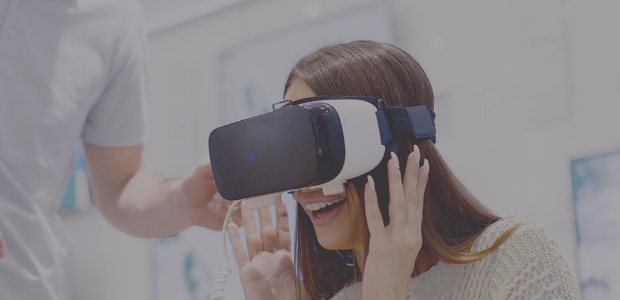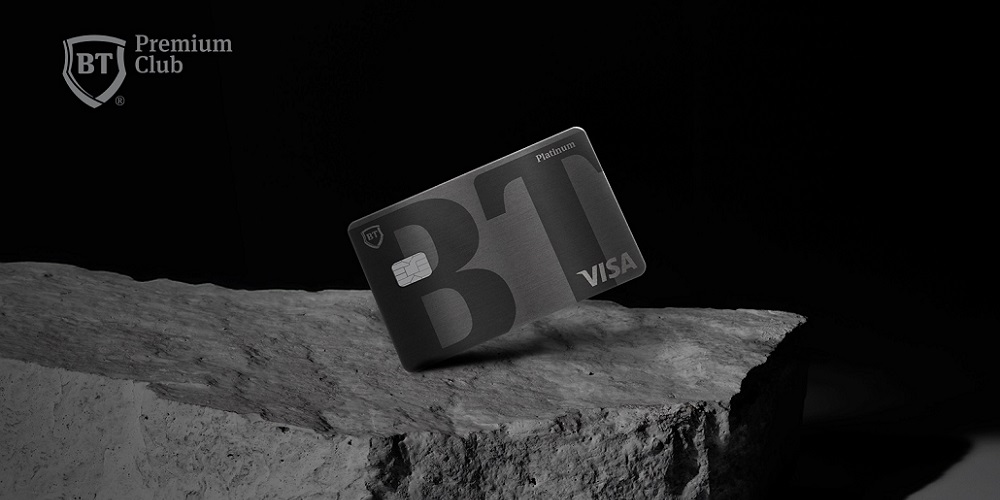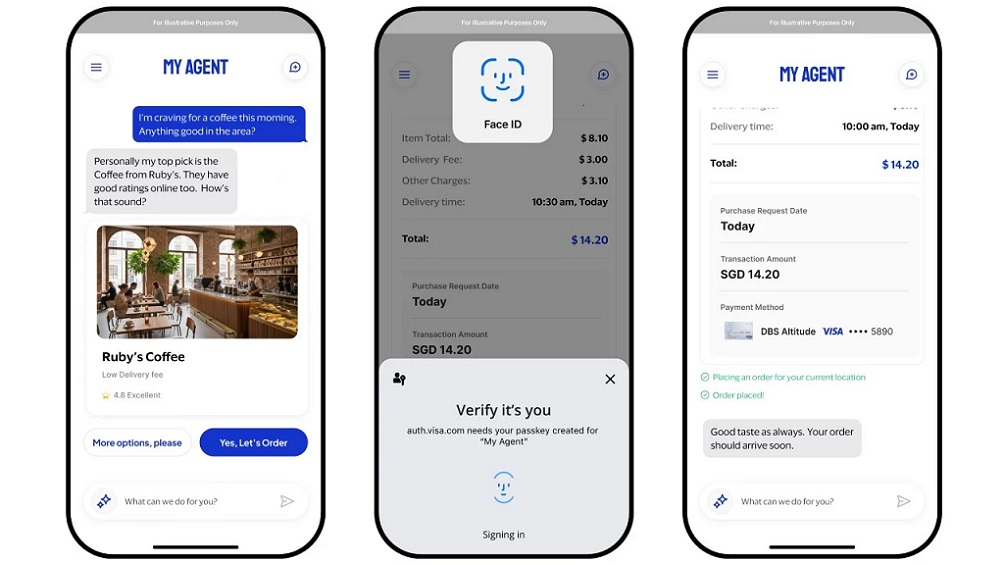International survey finds consumers view contactless shopping as both ‘cool’ and ‘creepy’

A survey of consumer attitudes to emerging technologies has found that the majority of both US and European consumers now believe that using fingerprint scanning to pay for purchases is ‘cool’ — but UK and European consumers are divided on the idea of contactless shopping services like Amazon Go, with 40% considering the technology to be ‘cool’ and 31% seeing it as ‘creepy’. In terms of most ‘creepy’ technologies, both AI (55%) and facial recognition (54%) made it onto the list in the UK as well as the US.
Consumers may want a more personalized shopping experience, but some efforts in this regard creep them out. Facial recognition technology that identifies a shopper as a loyal customer and relays their preferences to the in-store salesperson ranked as one of the top „creepy” technologies among consumers in the third annual “Creepy or Cool” report from RichRelevance. The study surveyed more than 3,500 global consumers in the United States, United Kingdom, France and Germany about such customer experience innovations as artificial intelligence and in-store robots. (All stats in article are for U.S. consumers.)
In addition to not being wild about facial recognition technology, consumers are put off by companies that understand their shopping habits so well that they are able to use artificial intelligence / data to choose and order products on their behalf (69% rated it „creepy” and 15% rated it „cool”). Another top „creepy” technology: computer programs (such as chatbots) that use artificial intelligence to help answer customer service questions, rather than a real person (50% creepy” vs. 23% cool).
„Retailers need a technology cool factor but can’t afford to alienate shop-pers,” said Diane Kegley, CMO of RichRelevance.
Younger millennials (ages 18-29) responded much more positively to cutting-edge technologies, such as robots and virtual reality (VR) glasses than older generations. And the majority of U.S. respondents (63%) said they would allow retailers to collect more customer data to improve the customer experience – and 40% it should be collected anonymously.
In other survey findings:
• The top „cool” technologies for all U.S. consumers is the ability to search and order products verbally using voice recognition technology (46% cool vs. 22% creepy) and being able to use fingerprint scanning to pay for items and get automatic home delivery, all from the store floor (46% cool vs. 34% creepy.)
• The top „cool” technologies for millennials are digital screens, interac-tive mirrors and virtual reality glasses that display additional products which complement what a shopper is trying on (52% cool for millennials vs. 41% cool overall).
• Millennials also like robots that would guide them to specific products within store aisles upon request (51% cool for millennials vs. 40% cool overall).
• The ability to leave a store with purchases without actually checking out and have your account charged instead was viewed as cool by 45% of millennials vs. 39% overall.
• Europeans are more comfortable with new technologies than their American counterparts, and more willing to share customer data in ex-change for a superior customer experience (81% vs. 63%). UK and European consumers also included fingerprint scanning and voice recognition in their top five ‘cool’ technologies, along with contactless shopping (France 48%, Germany 44%, UK 40%), interactive changing room mirrors (France 59%, Germany 55%, UK 44%) and robot shopping assistants (53% France, 34% UK).
Driving loyalty
“Overall, US consumers are more creeped out by technology than all the European respondents,” RichRelevance says. “The French are most comfortable with new technologies, followed by UK and then German respondents.”
“Customer experiences are driving loyalty across all (retail) sectors, sometimes more so than price,” says Diane Kegley, CMO of RichRelevance. “This year we are seeing shoppers across the board become more comfortable with technologies that personalise shopping on a one-to-one basis, such as voice recognition, digital product recommendations in changing rooms, and fingerprint scanning for payments. The one area where consumers still seem to have real concerns is AI. Companies’ communication around their consumer facing AI initiatives, such as customer service chatbots, clearly needs addressing from a shopper standpoint.”
The survey was conducted online in June 2017, and included 1,000 US adults, as well as 2,500 European respondents.
RichRelevance is the global leader in omnichannel personalization and is used by more than 200 multinational companies to deliver the most relevant and innovative customer experiences across web, mobile and in store. RichRelevance has generated over $20 billion in sales for its clients, which include Office Depot, Darty, and Marks & Spencer. Headquartered in San Francisco, RichRelevance serves clients in 42 countries from 9 offices around the globe.
Source: RichRelevance.com
Dariusz Mazurkiewicz – CEO at BLIK Polish Payment Standard
Banking 4.0 – „how was the experience for you”
„To be honest I think that Sinaia, your conference, is much better then Davos.”
Many more interesting quotes in the video below:












